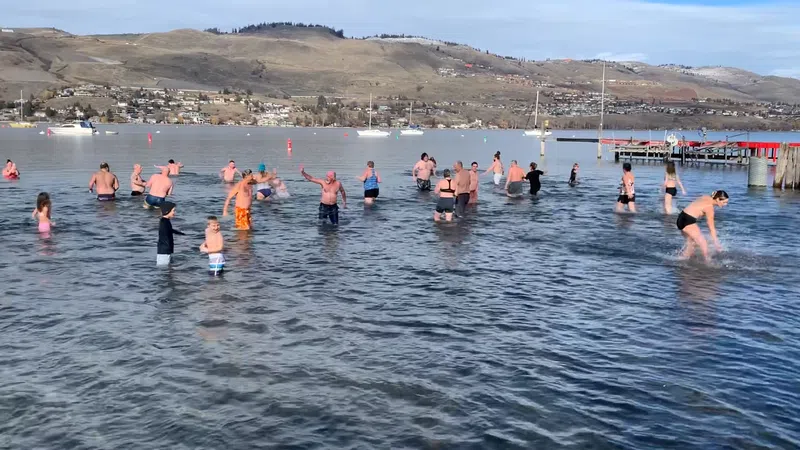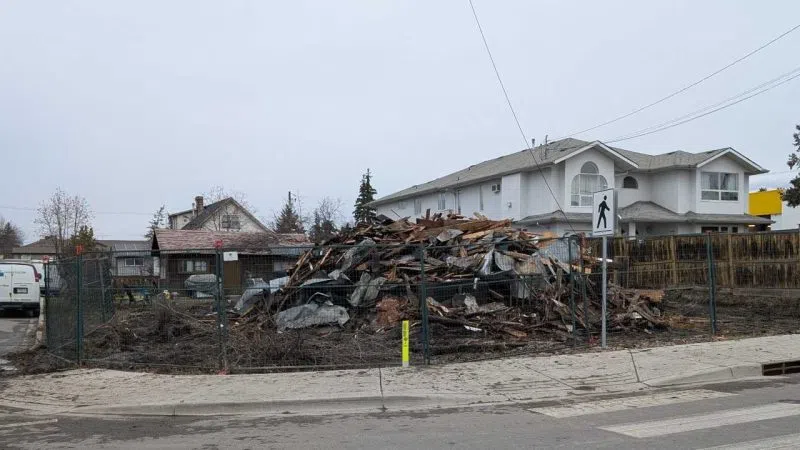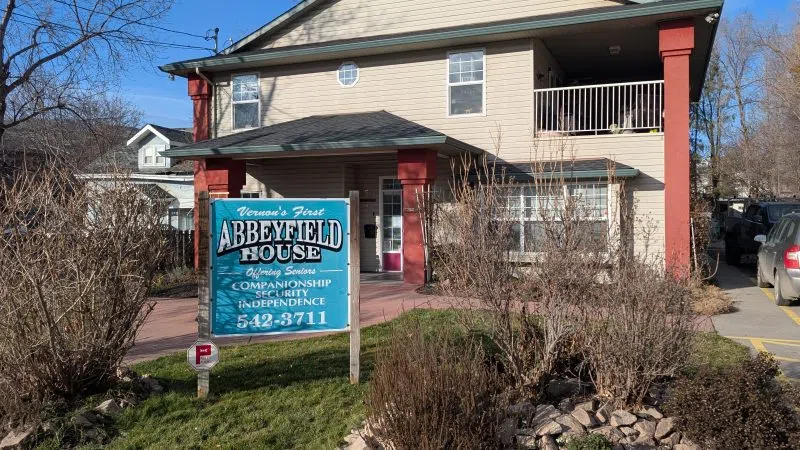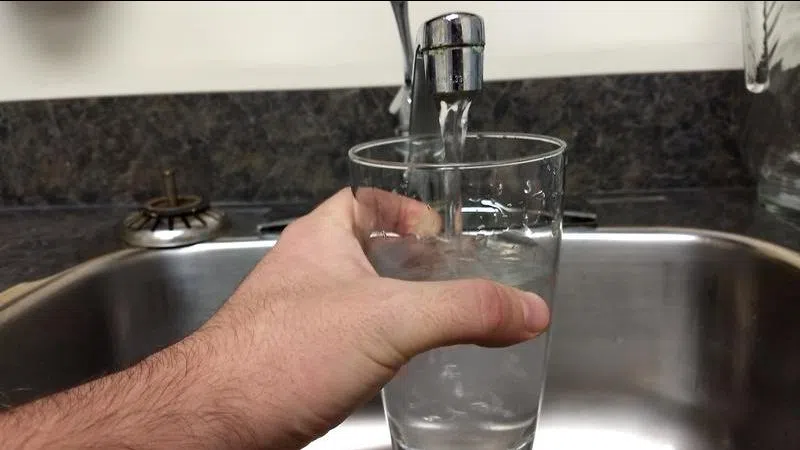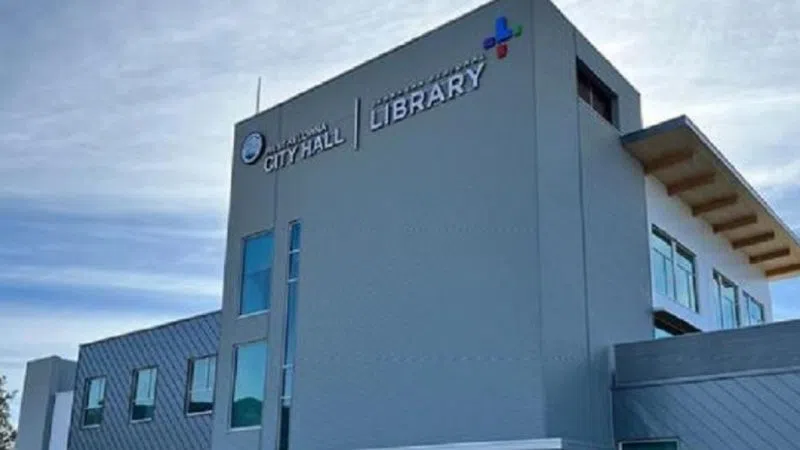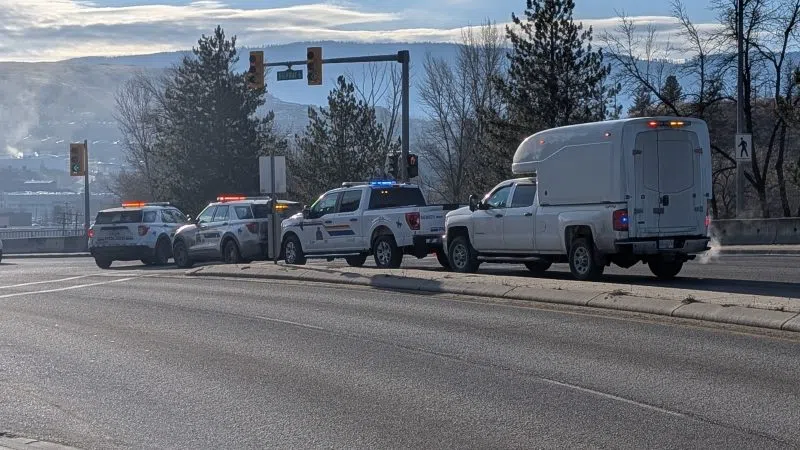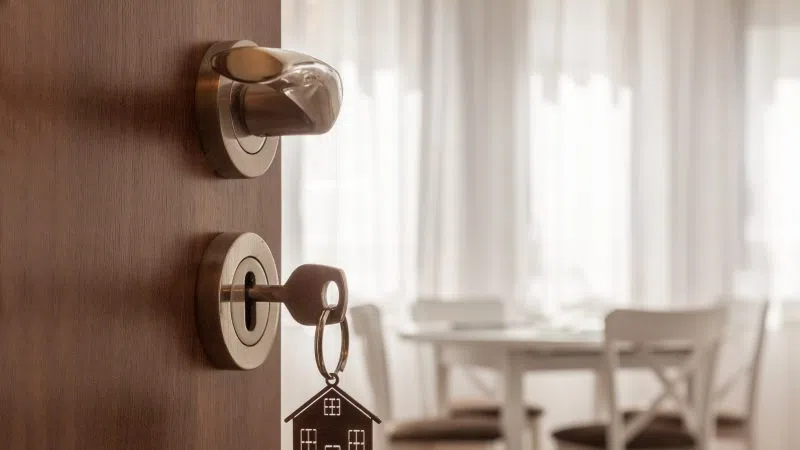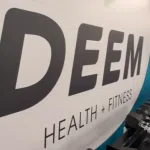
‘Everybody played a role’: Awards given to men who saved friend’s life in Vernon
Five men have been recognized for leaping into action and saving their friend’s life during a medical emergency in Vernon.
On January 24, 2023, David Hampton suffered cardiac arrest while playing drop-in hockey at Priest Valley Arena.
His teammates, recognizing he was in medical distress, lept into action by calling 911, administering CPR, and locating and using an automated external defibrillator (AED), to rouse him from unconsciousness before paramedics arrived on the scene.
Hampton lost consciousness again after answering some questions from paramedics, and was taken to Kelowna General Hospital where he received emergency coronary intervention.




